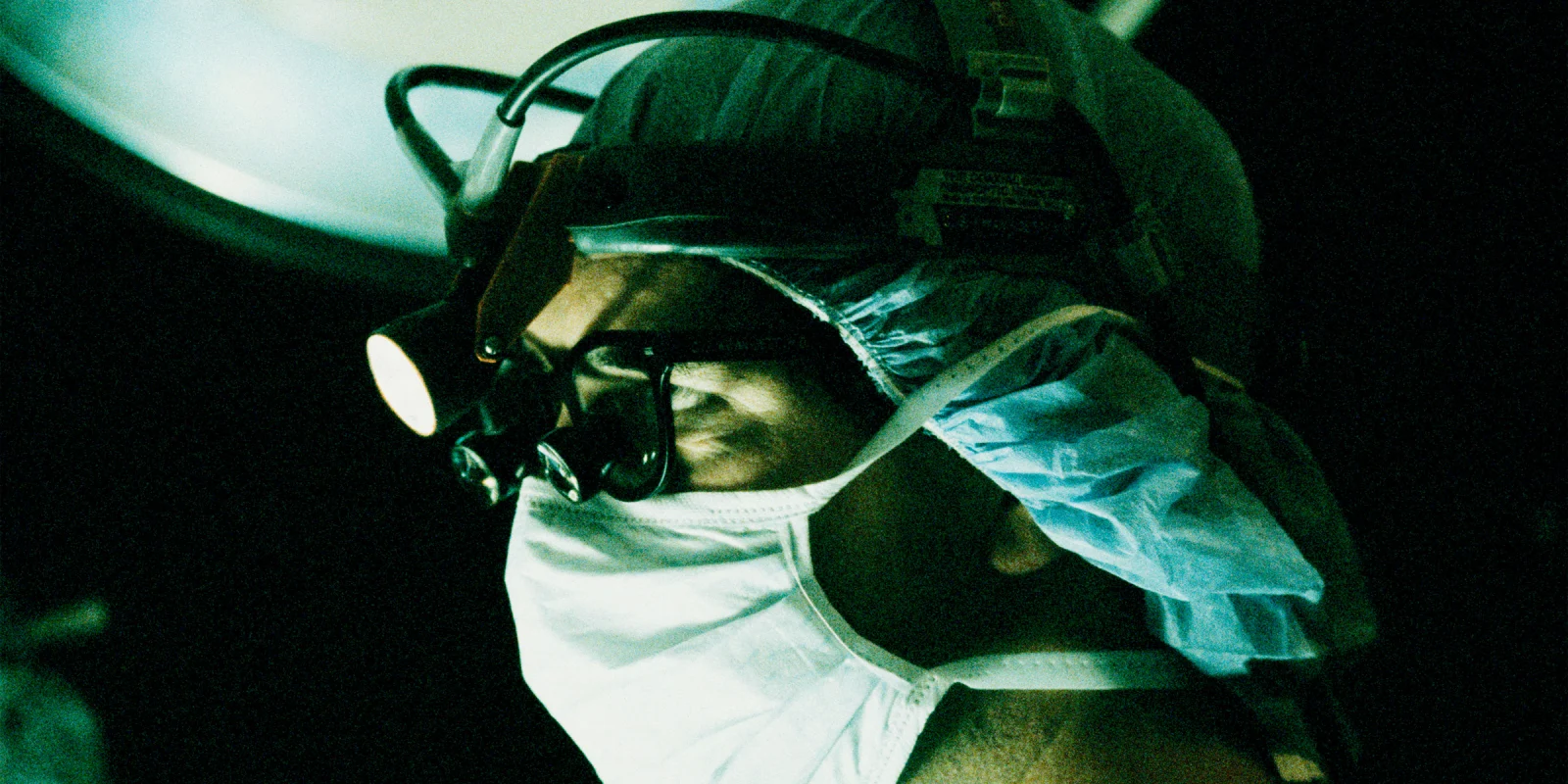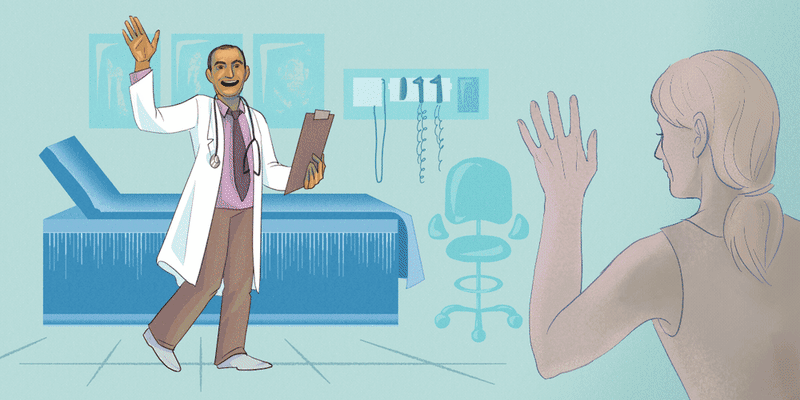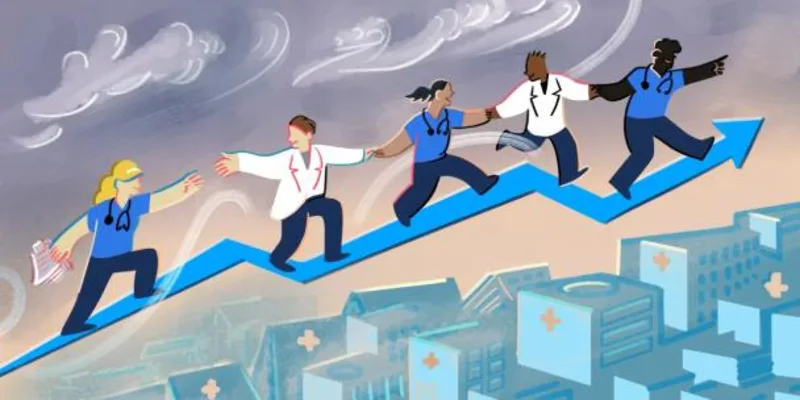It was a typical day on the trauma and emergency surgery service in a regional Level 2 hospital. Multiple consults, phone calls from the APPs as well as floor nurses, on top of the transfer center’s periodic phone calls fill up the time.
A trauma STAT was called on the overhead, so I made my way down to the ER. A guy in his 50s was in a car crash. He was the passenger in a car with a family member who was driving. She was found dead on scene. He had trouble breathing in the field, so the EMTs intubated him and brought him to the hospital. His left lower extremity was obviously fractured. His pulse and blood pressure were within normal limits en route, but suddenly, during the initial evaluation, his blood pressure dropped to systolic in the 70s. A FAST ultrasound exam was performed and showed fluid in the abdomen. I alerted the OR staff, initiated massive transfusion protocol, and took him to the OR.
The patient was placed on the operating table quickly and a midline incision was made, finding a large amount of blood in the abdomen. He was packed in all four quadrants, allowing anesthesia time to catch up. Once the blood pressure improved and several units of balanced blood products were given, I explored the abdomen, finding two areas of small bowel mesentery injuries with bleeding. These were addressed immediately. The bleeding was stopped and the appropriate section of small intestine was removed in two separate locations. The patient was still requiring pressor support, so no anastomosis was performed, and the patient was left in bowel discontinuity with a temporary abdominal closure. He was sent to the ICU for resuscitation.
After dictating the operative note, I walked over to the ICU. I reflected on the accumulation of skills I had to obtain to be in a position to save this man’s life. The long 14 years starting with premed in college, MCATs, medical school, USMLEs, residency, ABSITEs, and then fellowship, after which I took my board exams. Each stage difficult, challenging, and exhausting.
During my training, I noticed a pattern. Surgeons with an elective practice, over time, were able to perfect the sequence of surgery to the smallest detail. Especially if they had the same circulating nurse, scrub tech, assistant, and even the same anesthesiologist over a significant period of time. The staff get to a point where they can anticipate the next steps, recognize when things go off script, and know what additional equipment is needed. Over time, under a good surgeon, this leads to a very high level of performance. The surgeon can be thought of as a conductor, and when every part of the orchestra knows the piece of music they are playing well, it is beautiful harmony.
Trauma surgery is chaos. Everything is an unknown. The timing, the injury, the severity, the staff, and the patient’s medical history are all variables to the trauma surgeon. In the previous analogy, the trauma surgeon is a conductor, but the orchestra does not know which musical piece they are playing; this might be the first time any of them have met the conductor. The conductor himself is unsure what should be played and figures it out as things go on. In all of this, the trauma surgeon relies on their training, the motivation of the team, and the resources of the hospital to attempt to save a life. This means the trauma surgeon has to narrate out loud every thought, every plan, every need. The communication needs to happen frequently and in a timely manner with everyone and anyone involved while at the same time performing high-level operative maneuvers. Sometimes, we are tired. Having regular night shifts takes its toll. Sometimes we are angry or distracted with things from our personal lives. All of those quiet down, the adrenaline spikes, and we do our very best to rise to the occasion. This is our Super Bowl.
It is not uncommon for some trauma surgeons to realize this in their first few years after training and understand this isn’t for them. They either hide in the ICU as surgical intensivists and abandon the operative part or gravitate toward an elective general surgery practice where things are more controlled.
Trauma surgery, a profession that sounds incredible on paper to the public, has lost its appeal. Bad hours, relatively low pay, no respect from surgical colleagues, and administrators have done their share in diminishing interest from upcoming surgery residents. Moreover, the reality that most of what trauma surgeons take care of are older people who fall hasn’t helped. There is now a huge shortage of trauma surgeons in the U.S. This is proven to hurt outcomes and, well, the public is suffering.
It took me a while to understand a very important truth. If you do your job for the sole purpose of compensation, it is very likely you won’t want to stick with it for long. Burnout and resentment will take over eventually. My advice for young people figuring out their career path is to pick something that gives you that inner spark. Something that you can be proud of at the end of the day. That spark is, many times, worth more than any monetary amount. I know the cliché: “Do something you love and you won’t have to work a day in your life.” To be honest, that’s hard to find. Ultimately, any job will have less enjoyable parts to it. I will go back to seeing older people who fall, call the consultant, place admission orders, repeat. I will go back to the administrators not appreciating or understanding what I do but giving huge praise to the elective surgeon who brings in the cash (and also makes significantly more than me). I’ll get annoyed when a consultant is condescending and treats me like a resident. Whatever. I am proud of working in the trenches. I get to perform surgery under the harshest conditions with the highest stakes. I bring people back from the dead. See them hug their loved ones. That’s my spark. This is what keeps me going.
I hope these paragraphs reach some talented people, who read the above and say to themselves “I can be good at this,” and join us. People’s lives depend on it. I also hope those in power who can make a difference take notice. Addressing the growing shortage of trauma surgeons requires real solutions — implementing regulations on work hours to reduce the physical and mental fatigue that drive many away from the field, restructuring RVU compensation to better reflect the complexity and intensity of trauma surgery, and elevating the specialty’s prestige to attract and retain skilled surgeons. If we are expected to take on the most unpredictable, high-stakes cases, we should be adequately supported. These changes won’t just improve our lives as trauma surgeons — they will ultimately save more patients.
What reforms do you think could help sustain the future of trauma surgery? Share in the comments.
Dr. Jonathan Eldor is a husband and father, trauma surgeon at Portsmouth Regional Hospital in New Hampshire, and host of "The Emergency Surgeon Podcast."
Image by Barros & Barros / Getty Images







